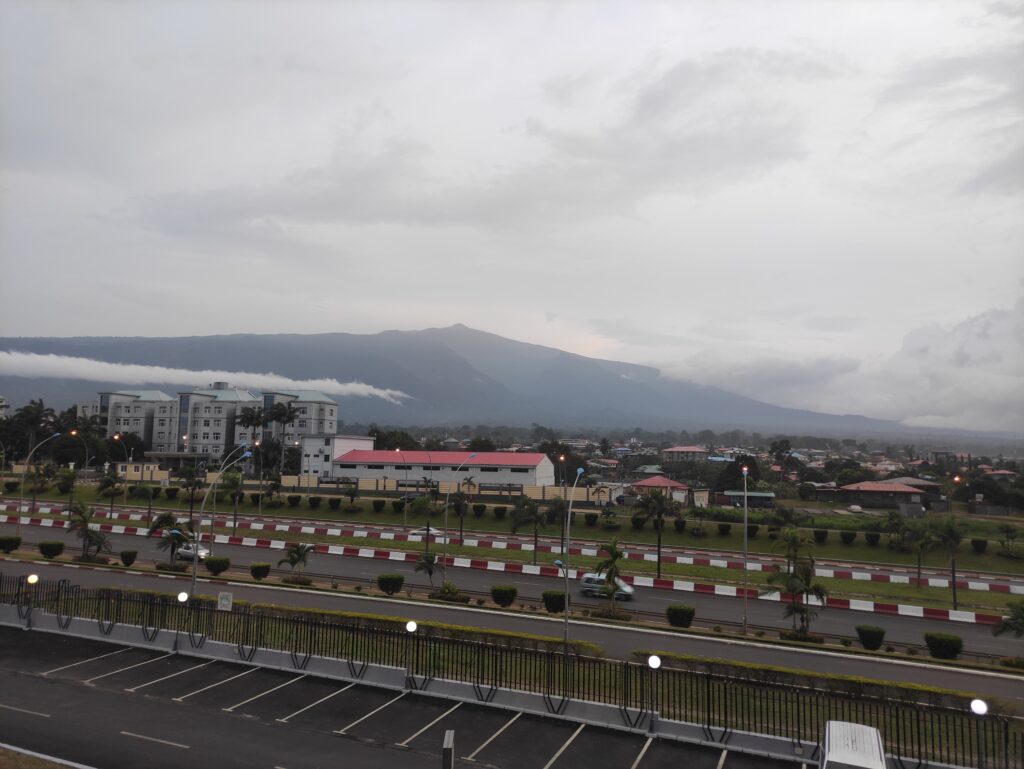In 2019, the UN Human Rights Committee (HRC), the inter-governmental body within the United Nations system responsible for strengthening the promotion and protection of human rights around the globe and for addressing situations of human rights violations, made several observations to the Equatorial Guinean government related to compliance with the commitments under the International Covenant on Civil and Political Rights ratified by Equatorial Guinea in 1986.
The new report from APROFORT published today covers from 2020 to 2021 and highlights that little progress has been made in following up on the HRC’s recommendations, and that the situation in the country continues to demand significant improvement, matching some of the concerns raised by the recent report published by the US State Department a few days ago.
The global pandemic has led to an increase in restrictions on fundamental rights through the adoption of lockdown measures or curfews that, in many cases, resulted in illegal fines or arbitrary arrests for not wearing a mask or ill-treatment for skipping lockdowns, actions deemed contrary to the Covenant.
In March 2021, explosions in a military compound in the city of Bata killed more than 100 people and wounded almost a thousand more. This fact also had an impact on Civil and Political Rights. For example, the HRC raised deep concerns about the military jurisdiction, which was used to try the alleged perpetrators and prevented victims from claiming damages due to the explosions at the trial. On the other hand, up to 18 people from the same family victims of the explosions were arbitrarily detained in Bata prison for more than a week, without judicial process, accused of occupying empty social houses.
“The right to housing is a right recognized by the conventions ratified by the country, however, illegal evictions without any due process occur every day,” said María Jesús Bikene, a lawyer at APROFORT. The report took into account, among others, the cases of the legal clinic of APROFORT, which offers legal assistance to women, girls or human rights activists in Malabo among other vulnerable groups.
The HRC also expressed its concern in 2019 about the arbitrary detentions of activists, discrimination against the LGTBQ+ community or raids against immigrants. These situations continue to occur, as Joaquín Elo Ayeto, activist of “Somos+” platform, and Trifonia Melibea Obono from “Somos Parte del Mundo” have denounced.
For his part Alfredo Okenve from CEIDGE, an NGO which banning was questioned by the HRC, denounced that “civil society continues to be limited by numerous barriers and administrative obstacles, which violates the fundamental right of association and freedom of expression which reduces the full participation of NGOs in the EITI (Extractive Industries Transparency Initiative)”.
Concerning the death penalty, despite that there is no sentence to the death penalty registered over the last 2 years, although “there have been alleged deaths in police stations or under security forces that have not been clarified,” said Dr. Ponciano Mbomio, lawyer and member of the Equatoguinean Commission of Jurists, an organization collaborating in the report.
“The end of the death penalty must be a priority since it is not conceivable that, after 8 years of entry into the CPLP, this commitment has not been fulfilled. Unfortunately, there have been corruption scandals related to Portugal and Equatorial Guinea since then, a risk that we warned of in the past,” said Ana Gomes, a former member of the European Parliament and a prominent Portuguese politician.
The report also highlights positive measures taken by Equatorial Guinea during the period under review, namely the enactment of an anti-corruption law, however, “the anti-corruption law is once again stalled and it is not implemented in practice,” said Tutu Alicante of EG Justice. “In addition, the reform program agreed with the IMF includes privatizations of strategic and even social areas that will be a further grievance for the population in the future if the anti-corruption law is not complied with,” he added.
According to Dr. Ana Lúcia Sá, researcher at ISCTE (University Institute of Lisbon), “the outlook in the coming years in the country is not very positive. The reforms agreed with the CPLP, or the IMF are much slower than the succession race in favor of the son of the current president in power for more than 40 years,” she said.
Karina Carvalho, ED of TI-Portugal, stressed that “this report aims to encourage the authorities to accelerate the implementation of the HRC’s observations and, as a matter of urgency, abolish the death penalty and implement the anti-corruption law.”
TI Portugal representatives planned a mission to Malabo by the end of May, hoping to be able to meet government representatives to discuss the report’s main findings and trigger improvements.
Read the full report here.
